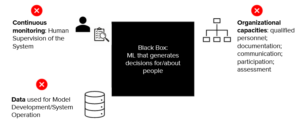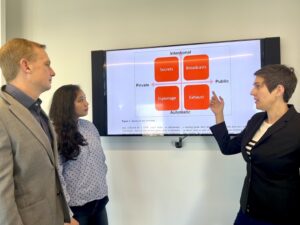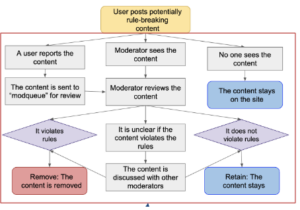 Power with(out) responsibility? ‘Effective Accountability’ in US Algorithmic Governance
Power with(out) responsibility? ‘Effective Accountability’ in US Algorithmic Governance
In this project, Dr. Sivan-Sevilla aims to realize how AI policies are implemented by government agencies and to what extent we can still hold ML-based government accountable. ML systems offload complex, time-consuming, cognitive tasks of public administrators to machines, allowing cost savings and better resource allocation for agencies that often operate under significant constraints. As government agencies automate their decision-making, however, they undermine the premise of public administration whose power derives from their expertise, flexibility, and ability to be held accountable. Through organized workshops & in-depth interviews with Maryland’s agencies who use ML to deliver public outcomes, this project aims to realize how public agencies implement ML policy requirements, and which accountability arenas – judicial, professional, or social – are the most effective ones in holding the government accountable for ML consequences.

Prof. Katie Shilton is one of the leaders of The VCAI Initiative, a UMD Grand Challenge project to integrate AI research and education across campus, engage in high-impact research with local stakeholders, and transform how artificial intelligence is practiced. It brings together UMD researchers interested in placing social and human values at the center of AI design to innovate on AI design methods and education. Activities include seminars, round-tables, tutorials, and collaborative research. More details are available here.
